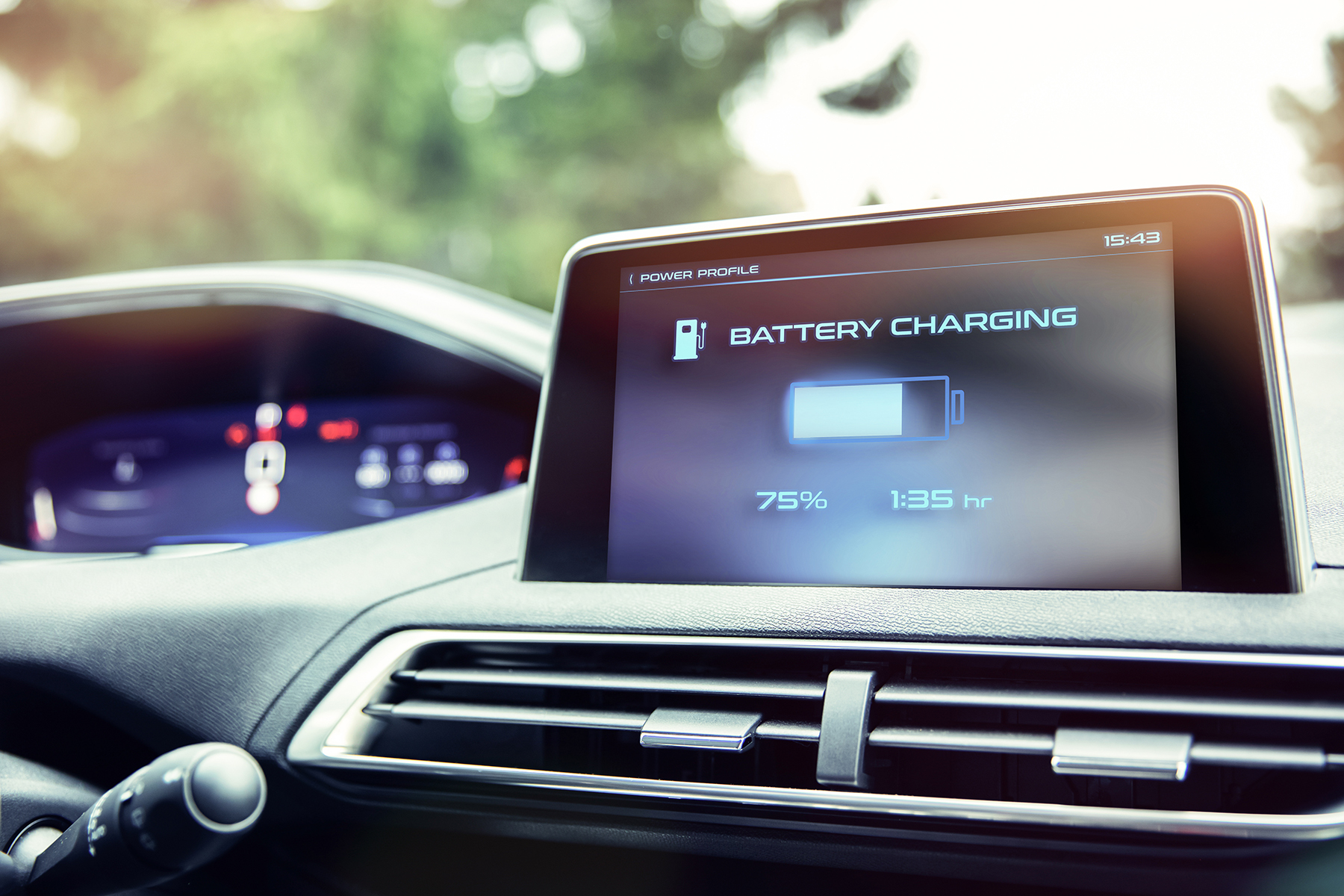(Estimated reading time: 4,40 minutes) – Audio version of article available.
Sustainable mobility, energy efficiency, and rolling out renewable energies are three vertices on a triangle that is fundamental in the fight against climate change. Like traffic signals, it is warning us about the danger of not taking action in time.
Electrifying all economic sectors is essential to decarbonise by 2050. This is the goal that Europe agreed to in order to keep Greenhouse Gas Emissions (GGEs), which would increase the planet’s average temperature, in check. We must all work together to keep it below 1.5ºC.
Transforming mobility in our country to make it more sustainable is a pressing need. In Spain, petroleum derived fuels account for more than 90% of total energy consumed by transport, a sector responsible for 25% of our total GGEs. Of special concern is road transport, both for passengers and for freight, which accounts for 95% of these emissions (MITECO).
It is very important that we undertake this mission by going back to transporting freight by railway and by electrifying our automobiles. The problem is not only limited to the fight against climate change. In cities, wheeled traffic is the main culprit behind the pollution issue, which is a true threat to human health.
According to calculations by the World Health Organisation (WHO), in 2016, atmospheric pollution around the world causes 4.2 million premature deaths every year, both in urban hubs and in rural areas. This organisation is constantly drawing attention to the fact that reducing air-pollution levels could “reduce the burden of disease from stroke, heart disease, lung cancer, and both chronic and acute respiratory diseases, including asthma“(OMS, 2018).
This is, therefore, a great hazard to health. Tackling this hazard is part of the Sustainable Development Goals approved by the UN for 2030, specifically the third goal: “Ensure healthy lives and promote well-being for all at all ages.”
Electrifying with renewables and achieving clean mobility is one of the solutions, as set forth by the recently-enacted Law on Climate Change and Energy Transition published in the Federal Gazette 20 May 2021 (BOE, May 2021). The Integrated National Energy and Climate Plan (PNIEC, in Spanish) sets the goal of reaching 5 million electric vehicles by 2030, including private cars, vans, buses, and motorcycles, on roads in Spain. This goal also includes that renewables must account for 28% of transport by this same year (PNIEC 2021-2030).
In April 2021, the Government approved the Programa de Incentivos a la Movilidad Eficiente y Sostenible (MOVES III) (Incentives Programme for Efficient and Sustainable Mobility) under the Plan de Recuperación, Transformación y Resiliencia (Recovery, Transformation, and Resilience Plan), which is therefore endowed with European “Next Generation” funds. With 400 million euros, which could be increased to 800 (initially, it could be even more), this will finance the purchase of plug-in electric or hybrid vehicles with direct grants (MITECO, April 2021).
It shall also subsidise the installation of charging infrastructure, since having a large network with charging stations will make a considerable contribution to the roll-out of this kind of mobility. According to the Climate Change Law, it will be mandatory to install at least one public charging station at service stations that sell more than 5 million litres of petrol and diesel per year. Moreover, the PNIEC reminds us that Royal Decree-Law 15/2018 of 5 October sets forth that any consumer may provide charging services. Autonomous Communities are also developing their own plans to encourage roll-out of recharging networks and electric vehicles.
There is also wealth and employment behind all this for the country. For this reason, so that the automobile industry can take advantage of this shift as an opportunity to improve its competitiveness, the Government has launched: “Plan de impulso de la cadena de valor de la industria de la automoción: Hacia una movilidad sostenible y conectada (Plan to boost the chain of value in the automobile industry: Toward sustainable and connected mobility” (Moncloa, 2020).
The expansion of charging infrastructure, along with lower battery prices and favourable policies, has made sales of electric passenger vehicles rise from 450,000 in 2015 to 2.1 million in 2019 (“Electric Vehicle Outlook Bloomberg NEf.” 2020). It is expected that this trend shall continue, since the sector predicts that technological innovation will resolve the issue that may arise in terms of raw material costs (“Batteries vs oil: A comparison of raw material needs.” Transport & Environment, March 2021).
Everything points toward clean and electric mobility as a determining factor in the green economy’s upward curve.




